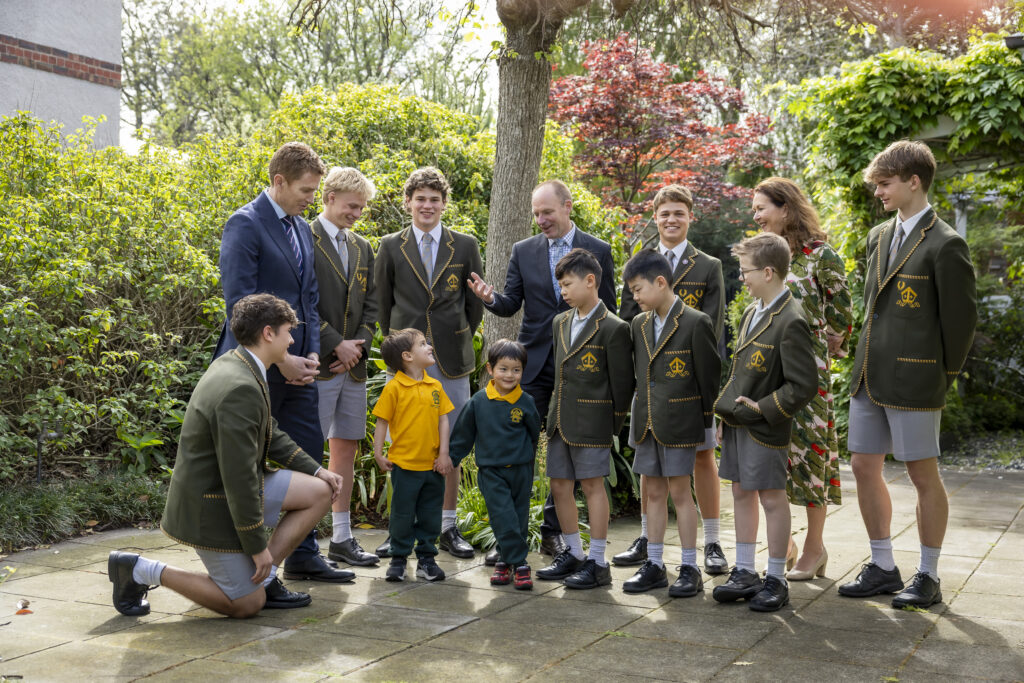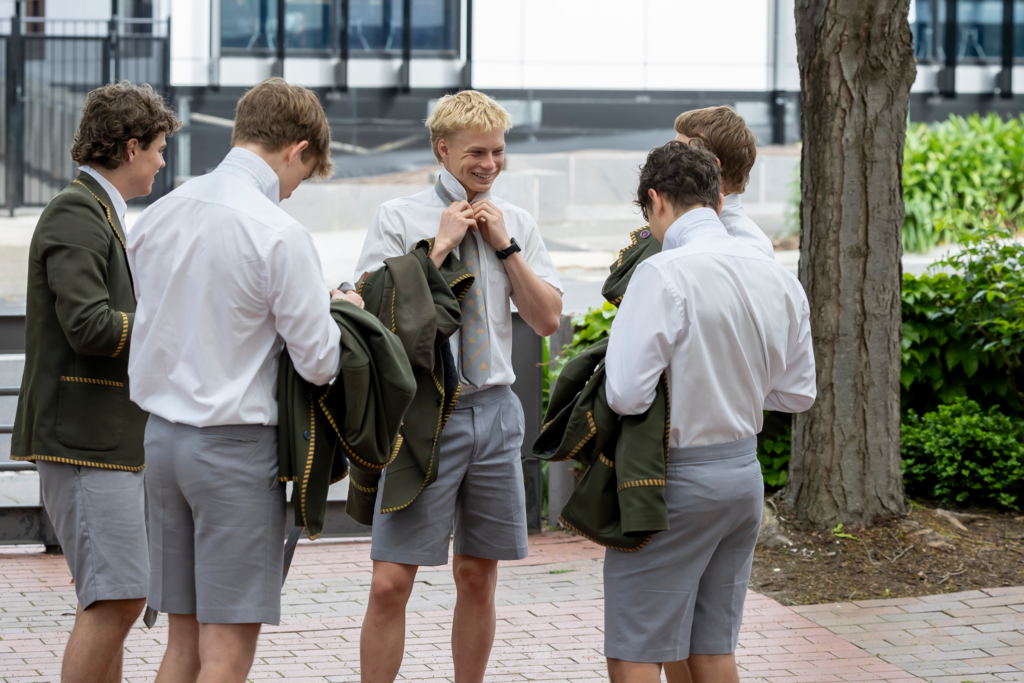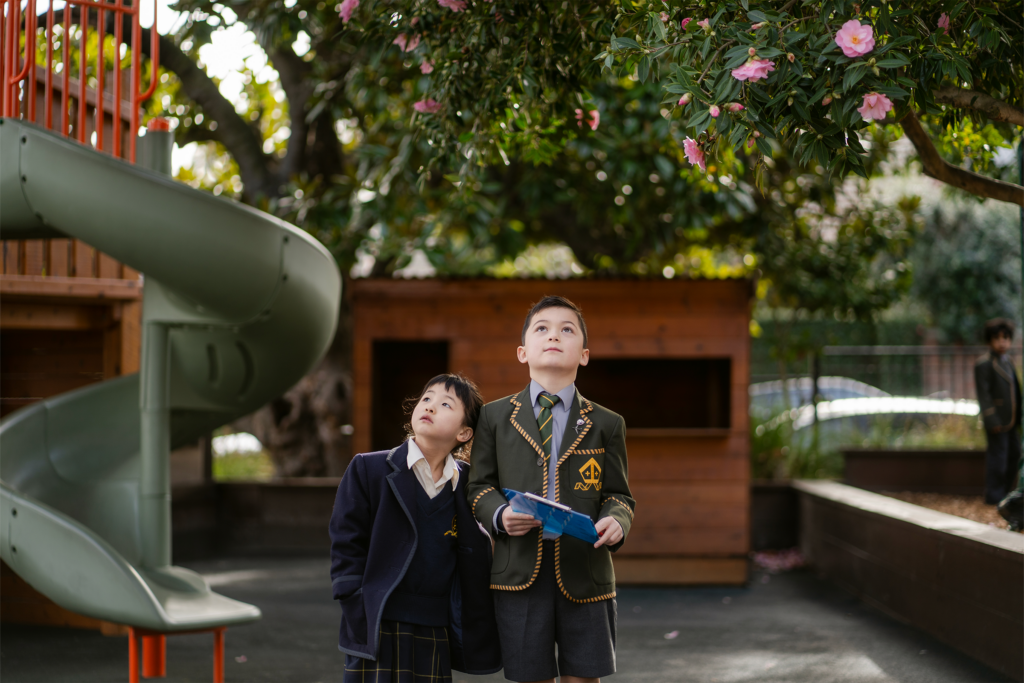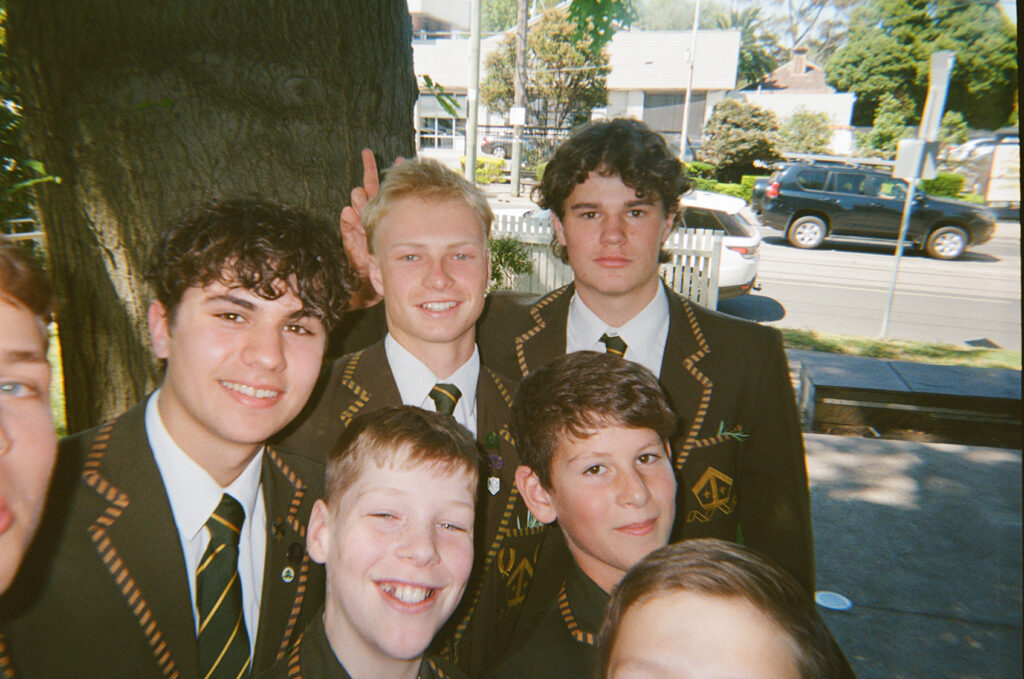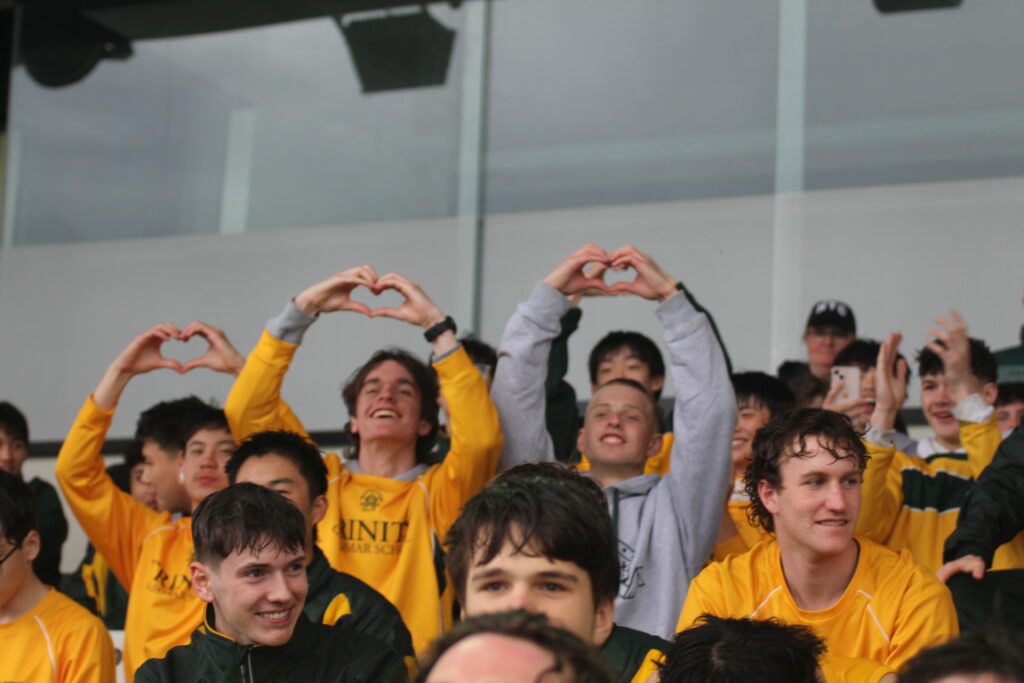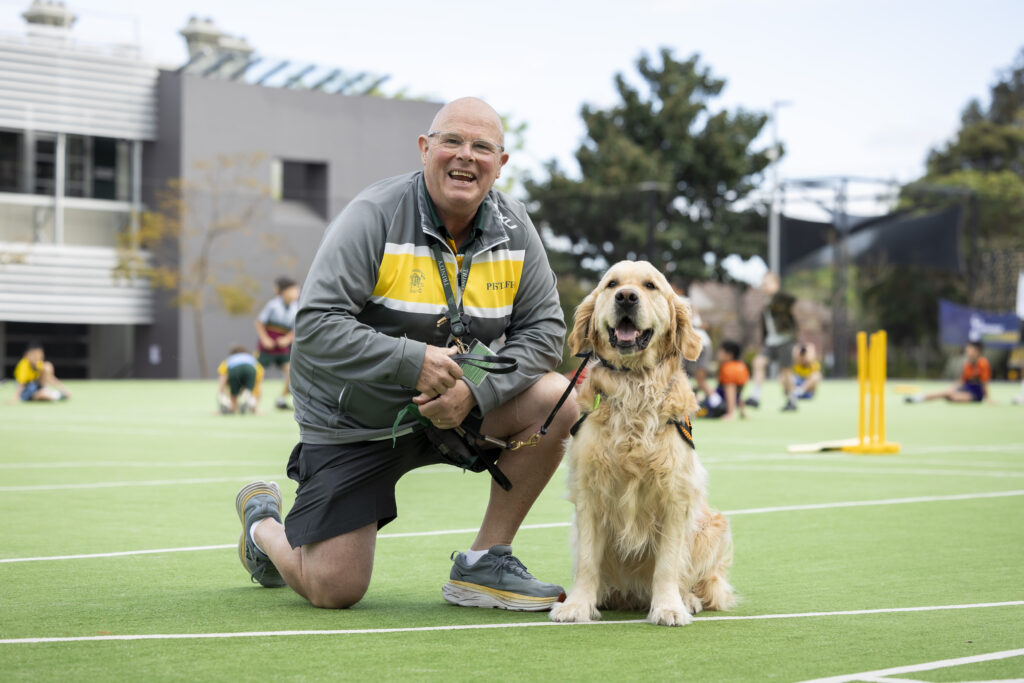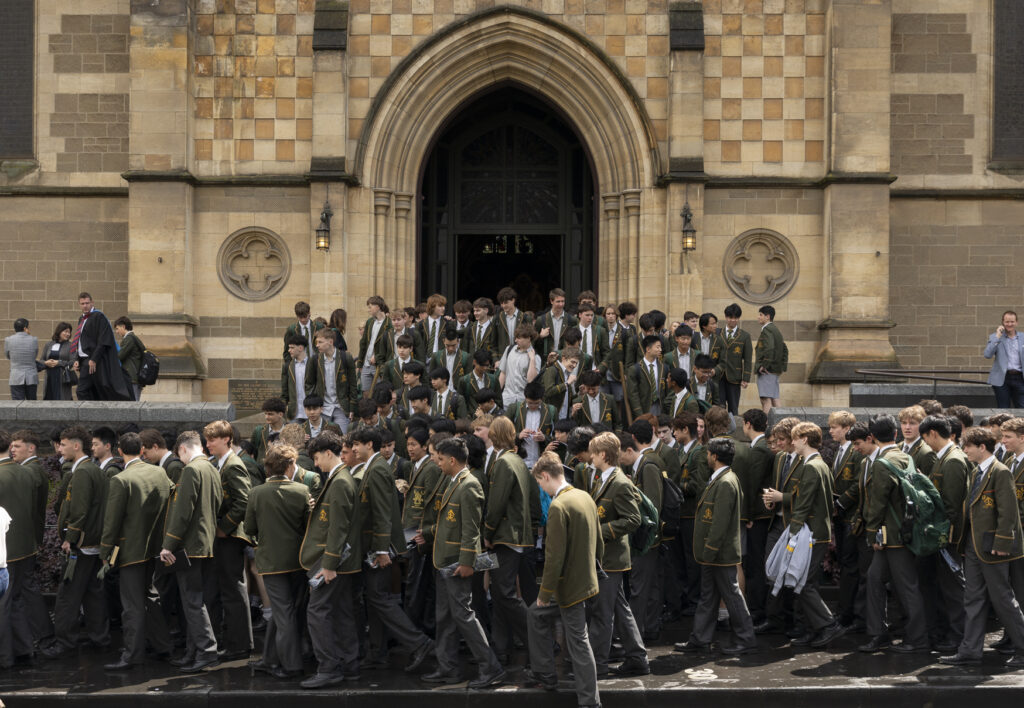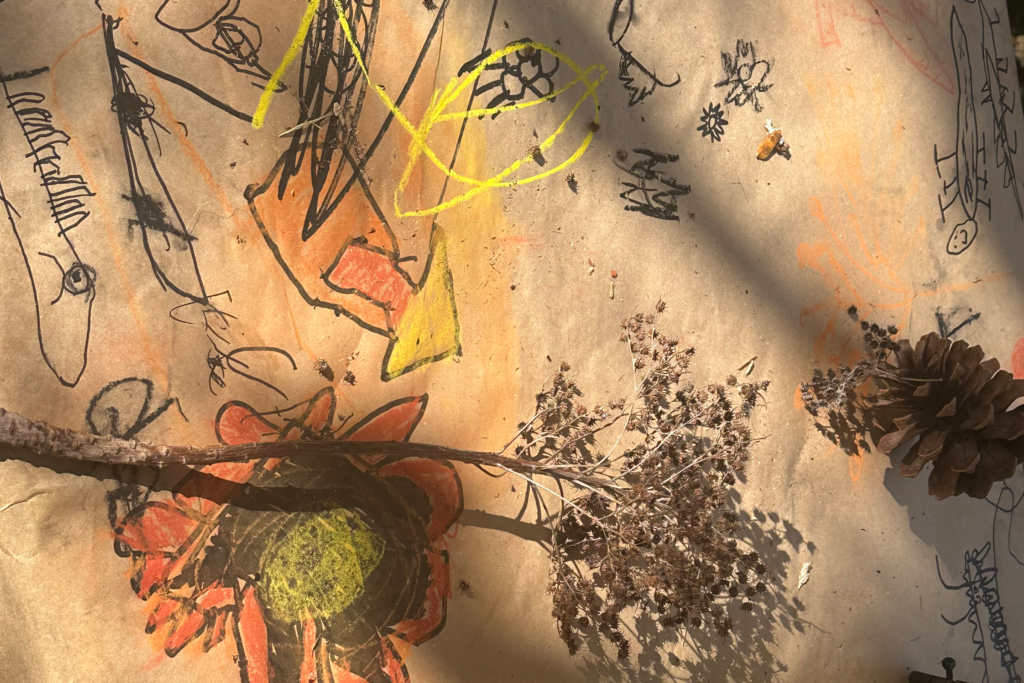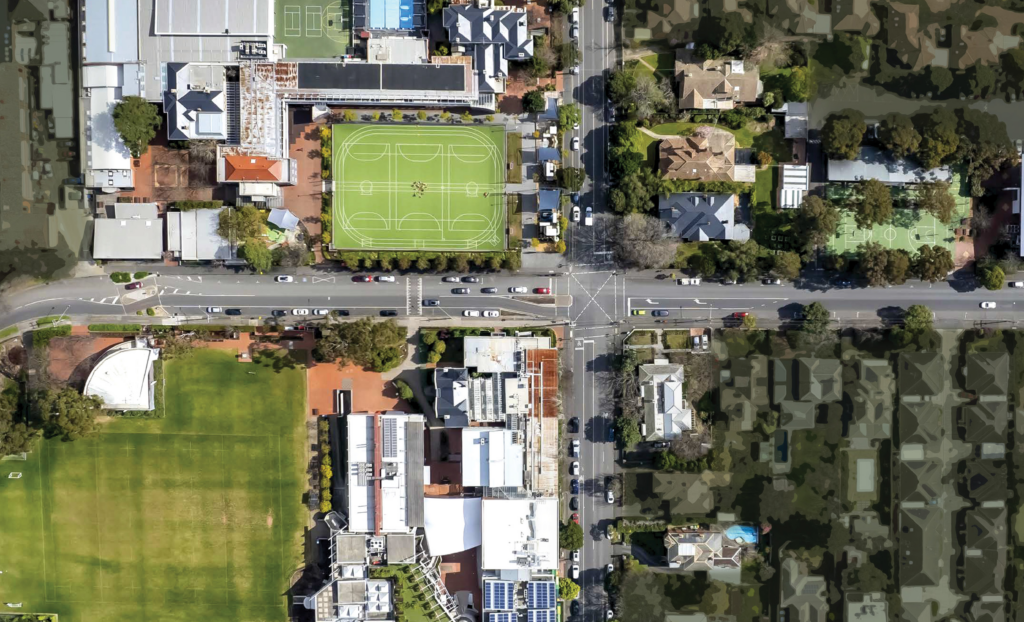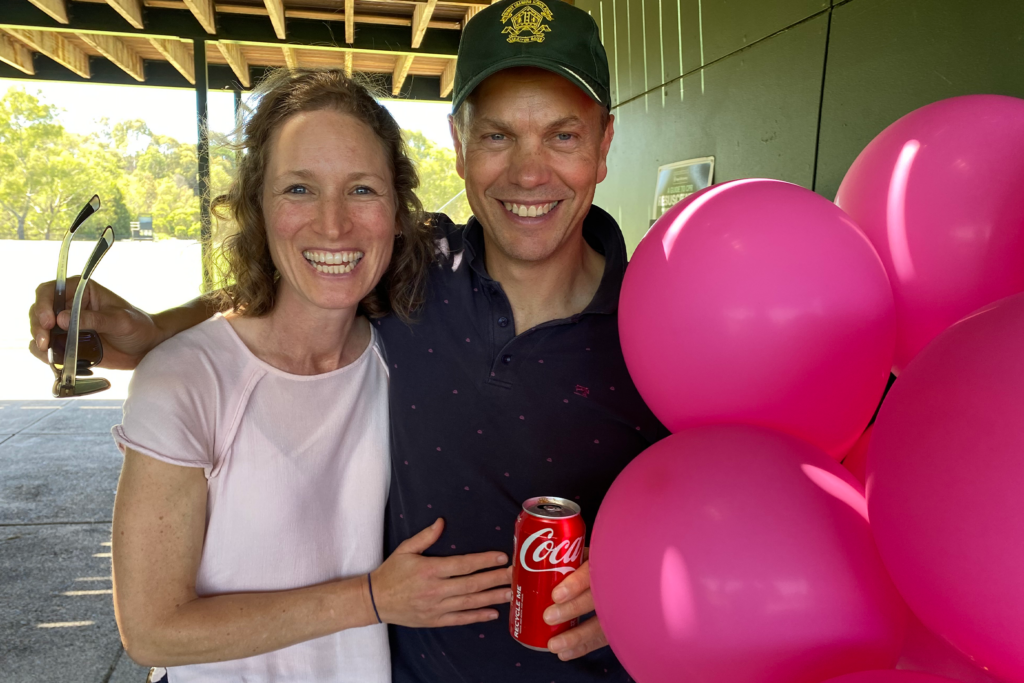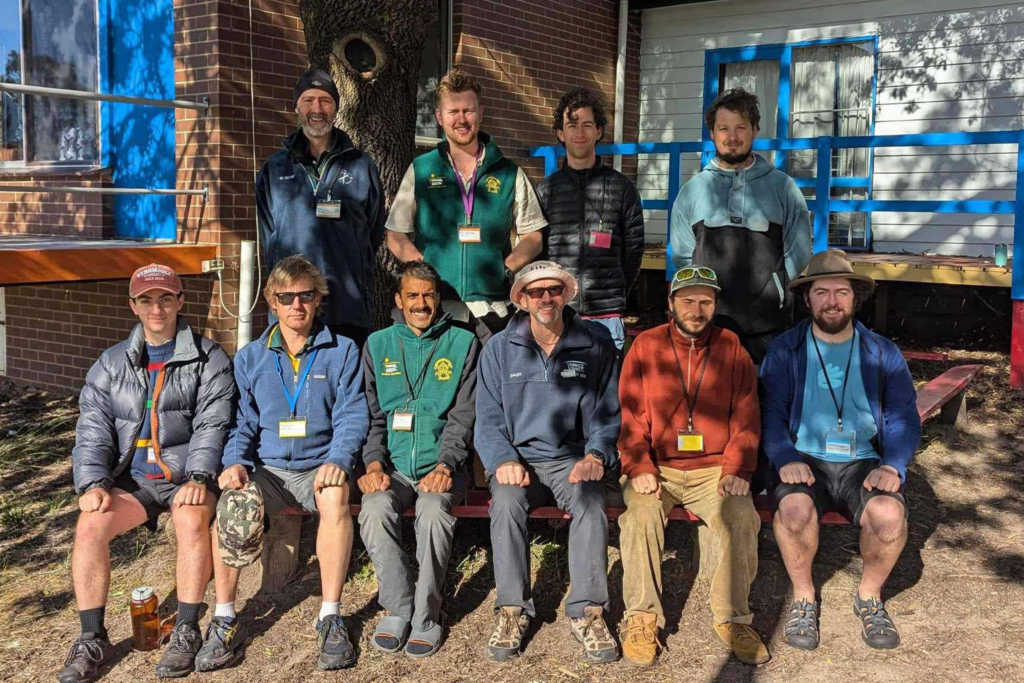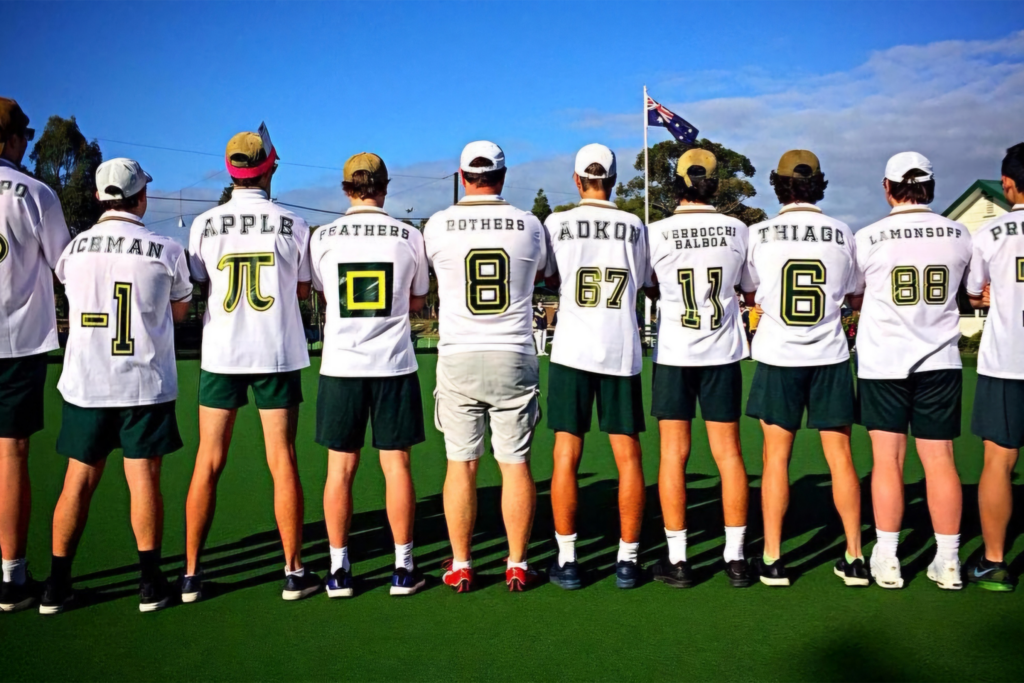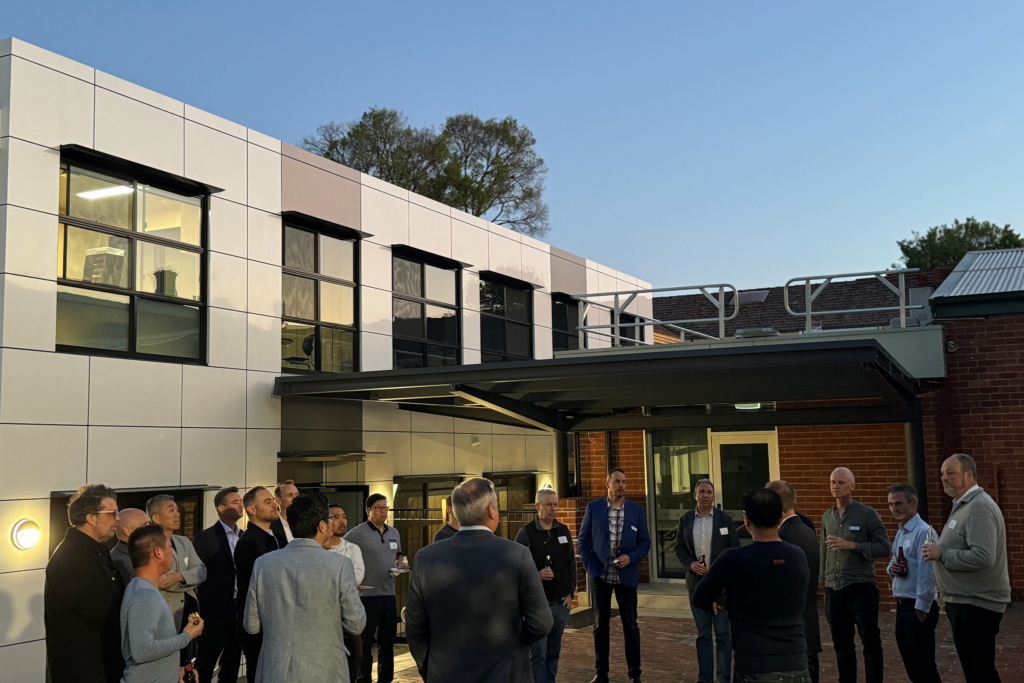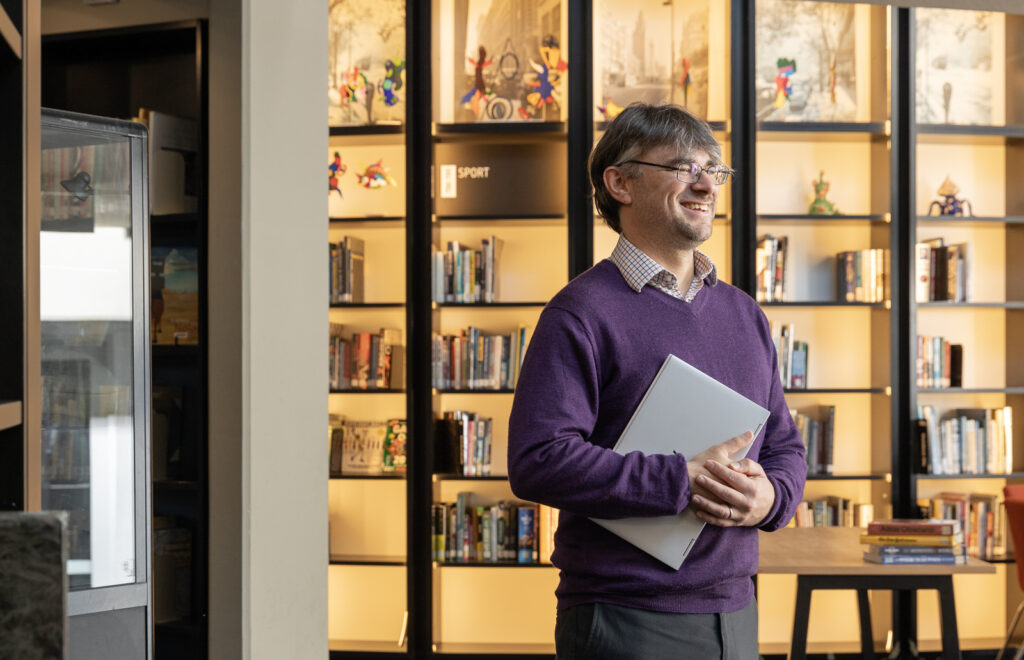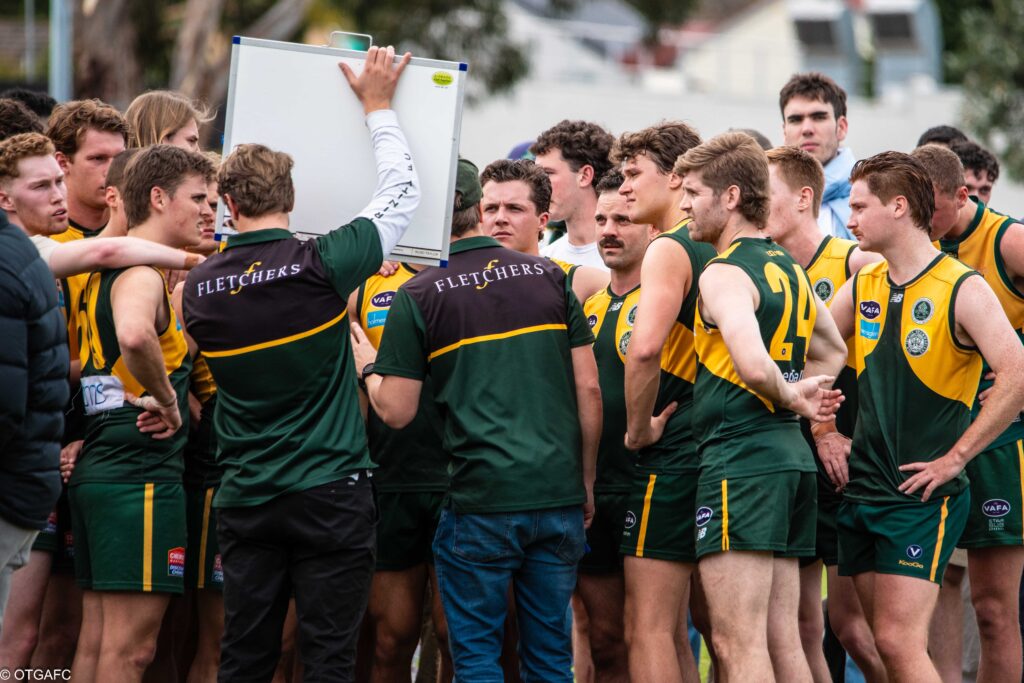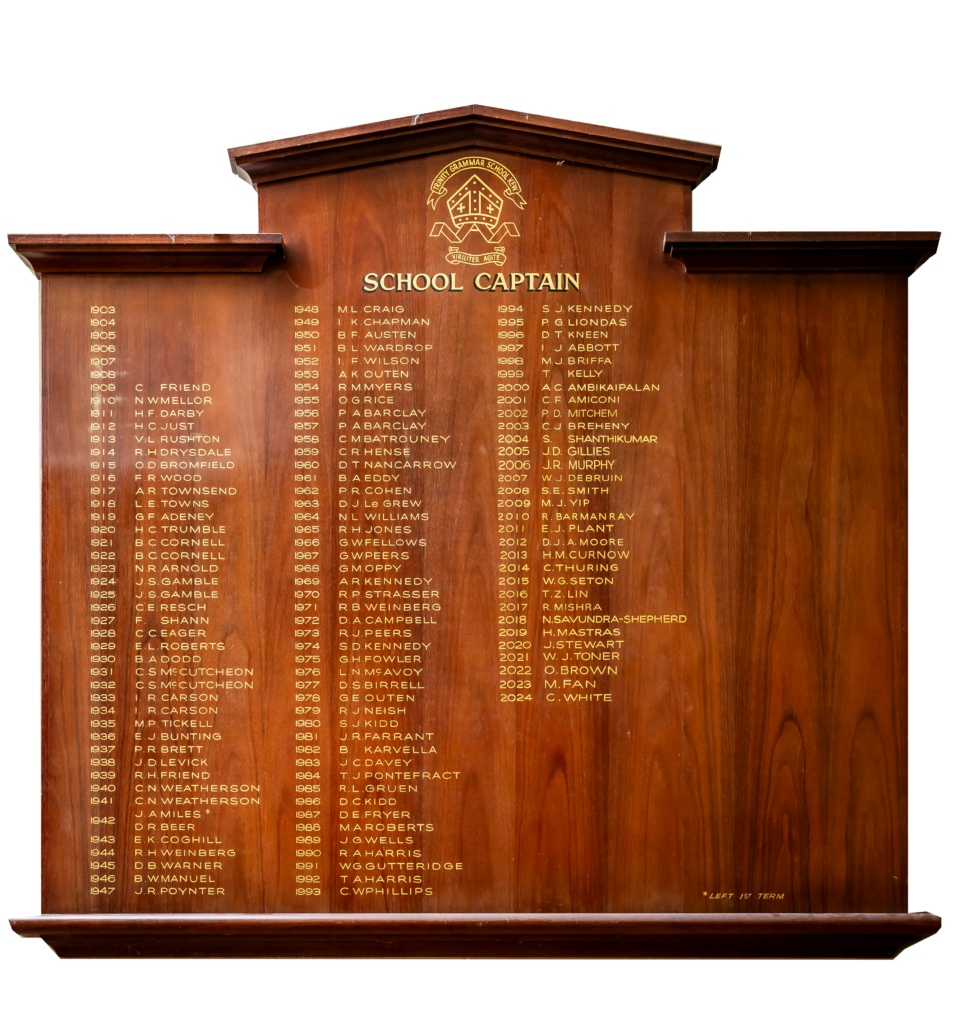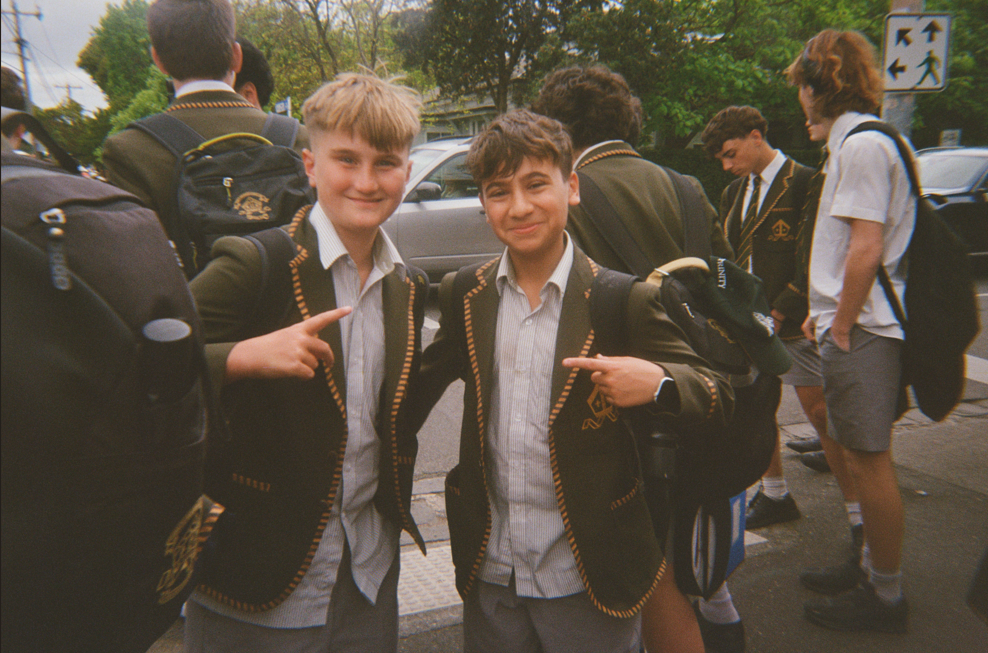- Summer 2024
- |
- Page 3
Introducing our 2025 Student Leadership Group
"More than just the green and gold"
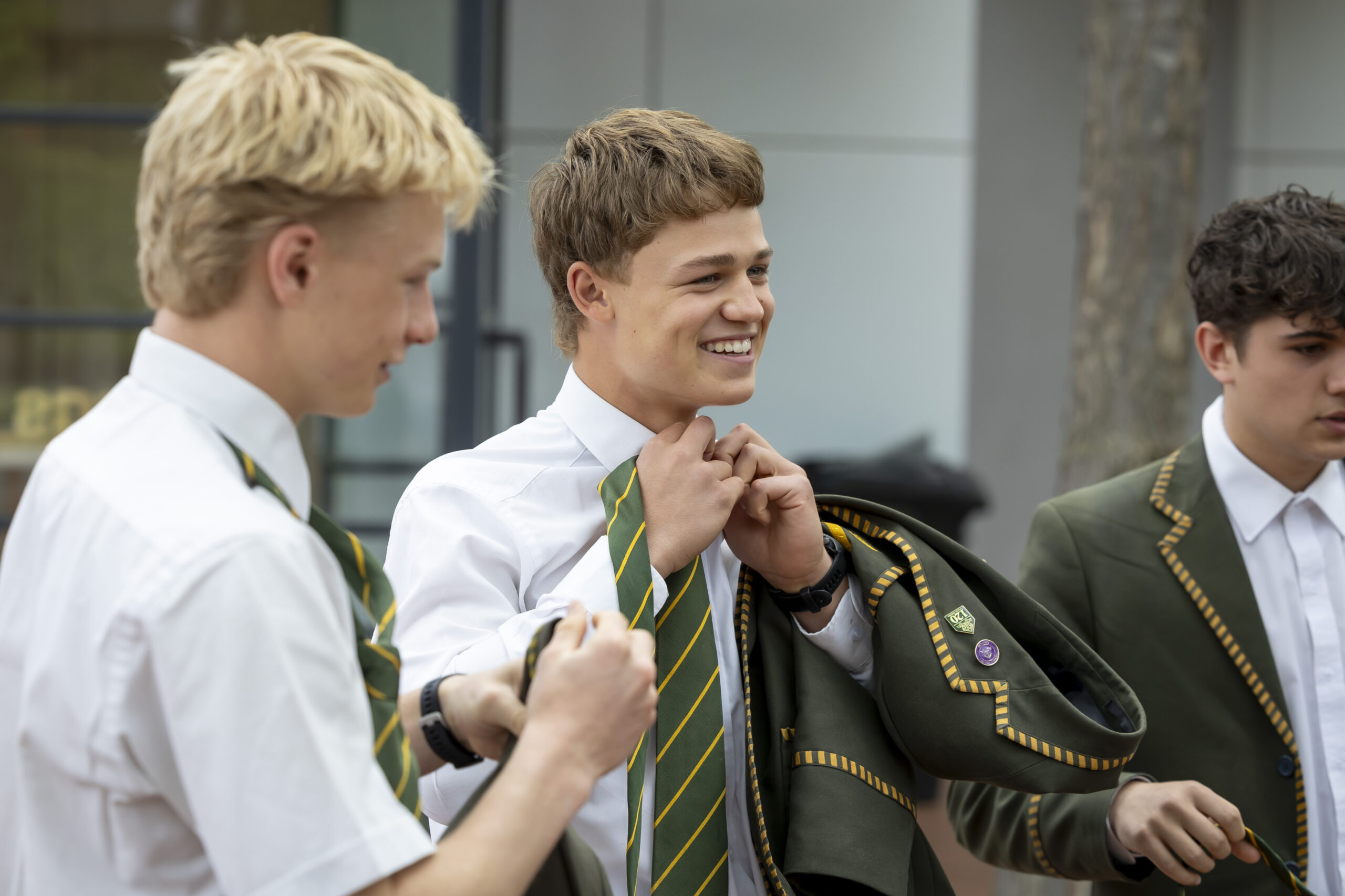
Since his commencement at Trinity in Year 1, incoming School Captain Nikki du Toit’s journey has been shaped by student role models.
“As I’ve grown older, I’ve realised their importance, and now believe I have the capability to lead and help others in doing so,” he said.
With a strong sense of pride and an eagerness to give back, Nikki says that he is most looking forward to “competing in sports for Trinity as a Year 12 leader, as well as inspiring school spirit by bringing creativity and energy to every event”.
Nikki is joined by four Vice Captains; Giancarlo Lee, Flynn McNamara, Benjamin Rosenberg and Ben Ross. Together, they form the 2025 Student Leadership Group.
The leadership program at Trinity encourages every student to embrace and embody positive leadership, cross-age mentorship and role modelling throughout their education.
Our incoming captains will work together within their portfolios and areas of interest to celebrate student voice, community activities and service opportunities
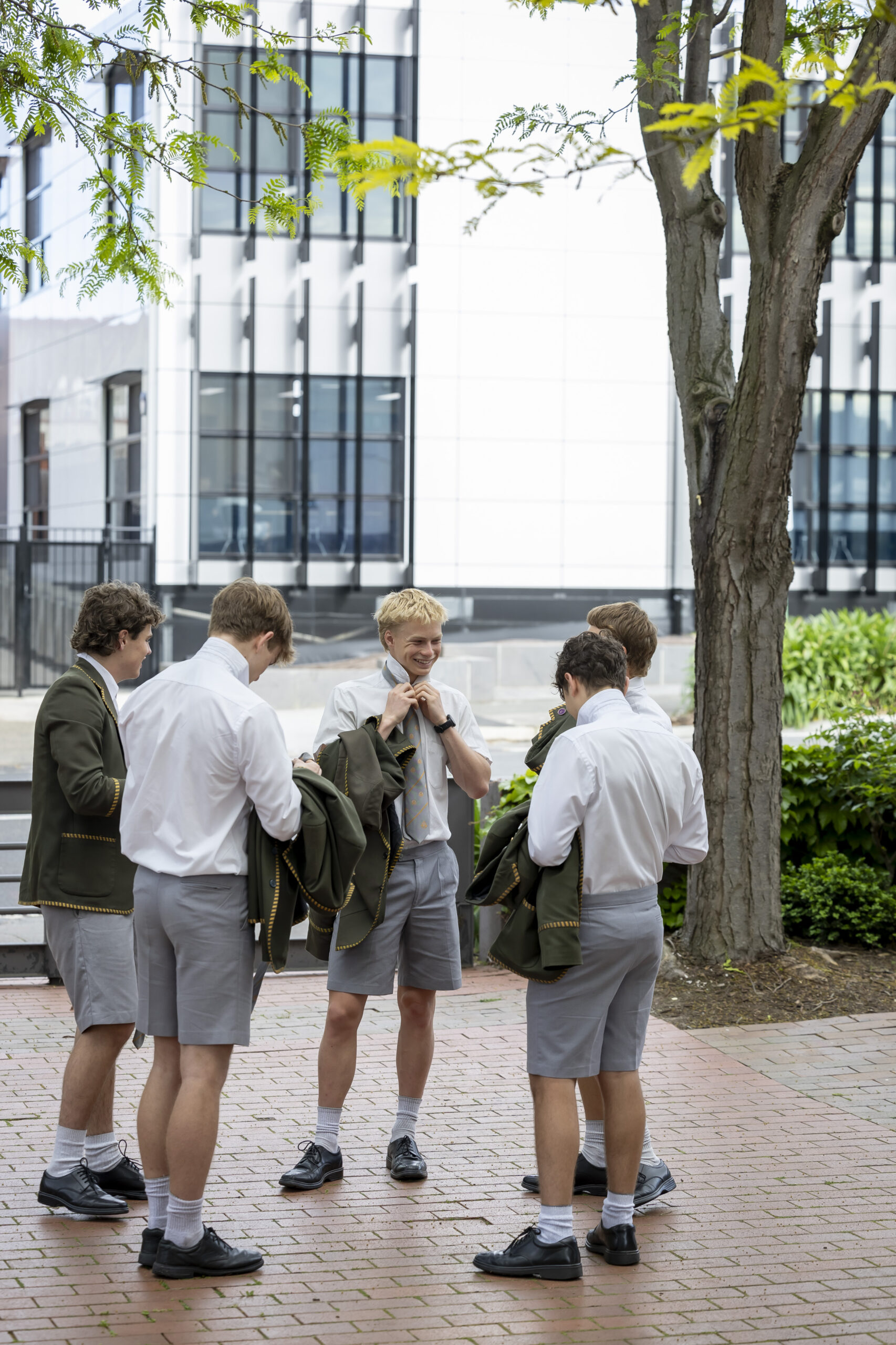
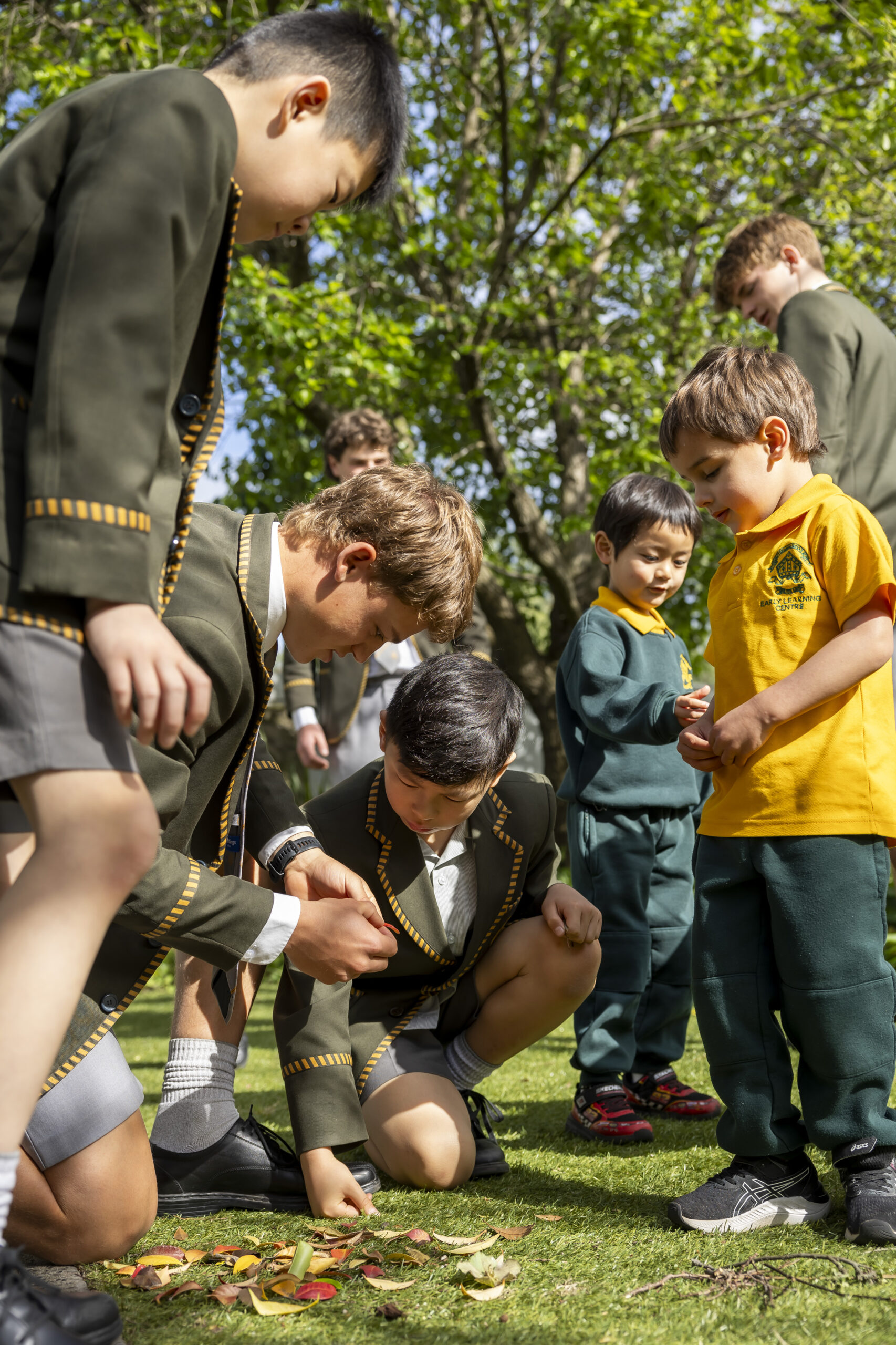
For Flynn, relationships will be central to his leadership style.
“Through my role I aim to build upon and strengthen our community,” he said.
“I [would like to] grow our already strong inter-year-level relationships but also create a more inclusive and enjoyable environment”.
For Ben, who prides himself on always saying ‘yes’ to opportunity, his goal is to “help people realise how many different paths we can take through our time at Trinity” and what a worthwhile experience it can be.
For Giancarlo, who competes with both the Athletics and Water Polo squads beyond his standard summer and winter sports, one of his greatest joys is “don[ning] the green and gold and compet[ing] with those colours just that little bit more”.
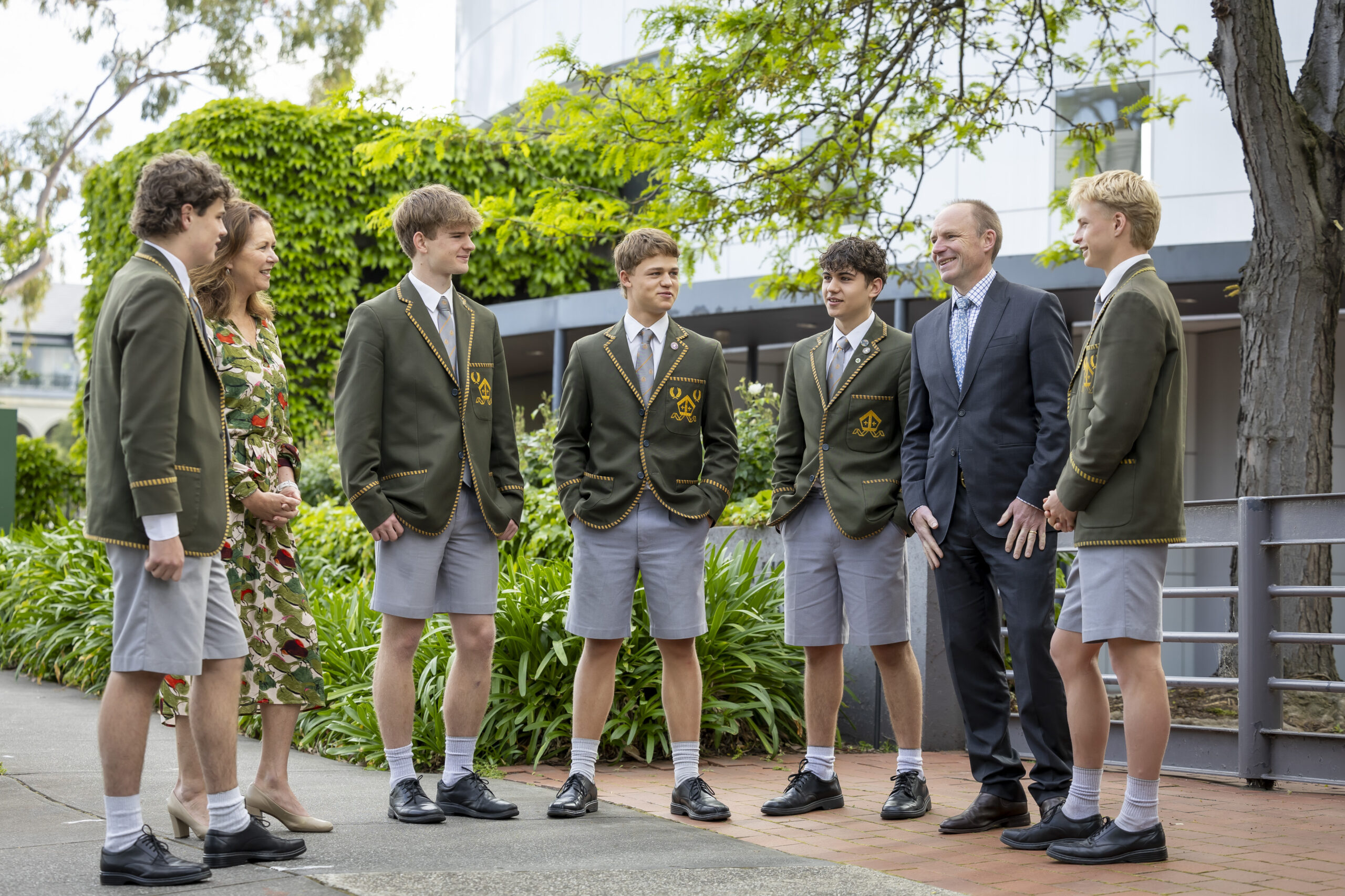
Beginning in Term 4, each captain will oversee different portfolios across the school, including assemblies, outreach and social initiatives.
Benjamin is keen to focus on community service and the student engagement within those programs, as well as fostering inter-year-level collaboration.
“My area of interest at school is community involvement, and I think my long-term involvement in the Harambee program has fostered that passion,” he said
Ultimately for Flynn, he wants to ensure that others realise that Trinity “is more than just the green and gold”.
“It’s a part of who we are and what we will become,” he said.
Did you know?
Trinity’s first School Captain was appointed in 1909 and was supported by Prefects selected from the sixth form.
In 1927, the position of Vice-Captain of the school was added and the system continued mostly unchanged until the late 1960s.
In a move to increase student voice and representation, the positions of Vice-Captain and Prefects were abolished in 1970 and replaced by the Student Representative Council (SRC). This decision-making body was chaired by the School Captain and comprised of student-elected representatives.
By the 1980s, the SRC experiment was over and the format of School Captain with four Vice-Captains and supporting Prefects was restored and has been in place since 1984.
Read more about the history of Trinity’s School Captains in this edition’s article from the Archives.
From the Principal
Adrian Farrer, Principal
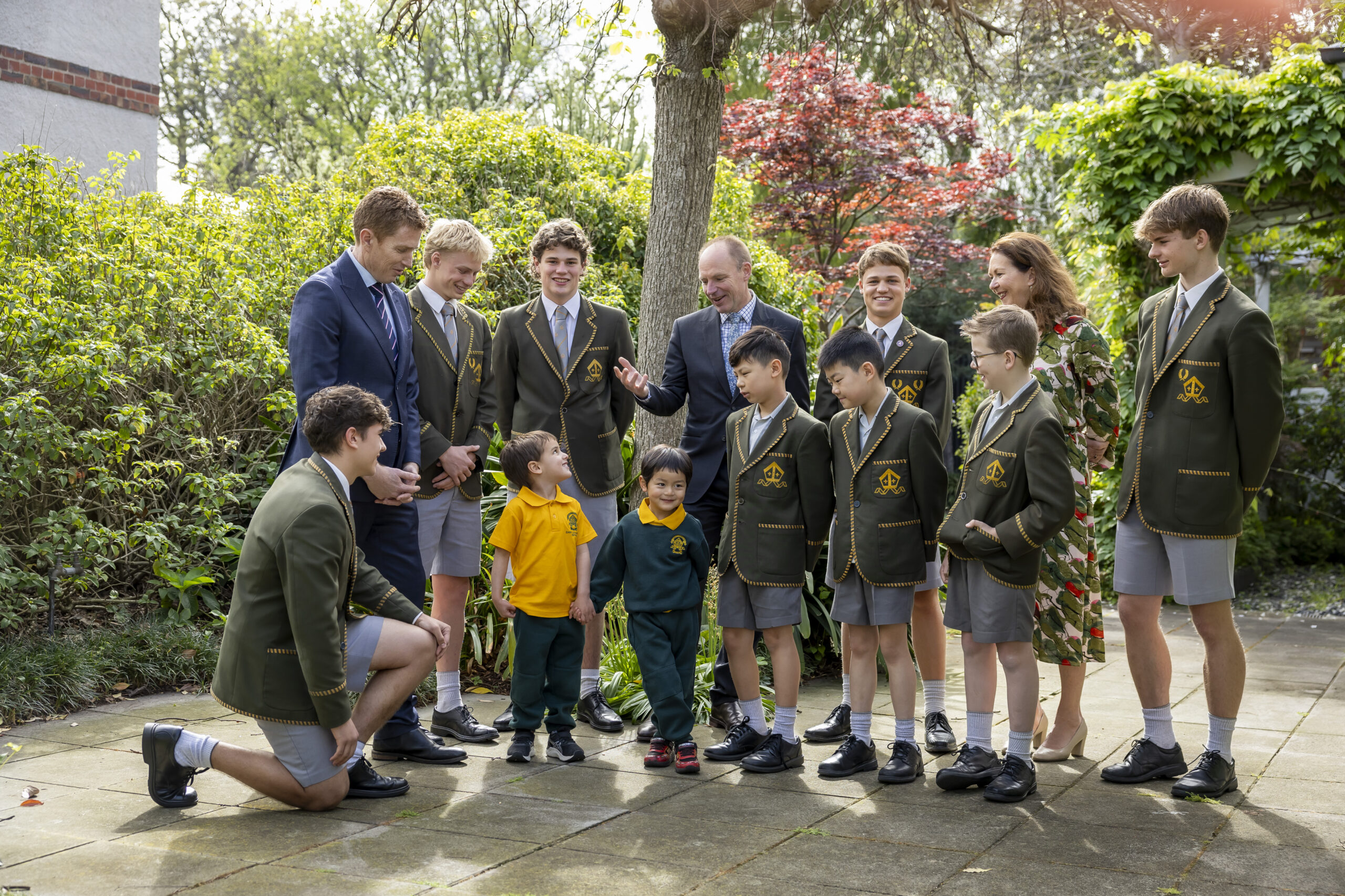
There’s a well understood idiom that goes; ‘boys will be boys’.
It is a hackneyed line used to try and explain behaviour that might be odd, challenging, wrong or energetic. Indeed, the refrain has also been used as a lazy and convenient excuse for poor and gendered behaviour. It is often used as a broad characterisation about boys in general… and it is wrong.
Schools are not immune from imperfection, nor should they be. Schools should be places that encourage safe risk taking, encourage trial and error, and reflect the spirit of Thomas Edison’s famed, ‘Failure for success’ model. We learn from engaging with those things that are new to us, and we learn from and with others.
We have over 1,500 students at Trinity, and we have, for more that 120 years, been in the business of working with boys to help them develop, learn, grow and thrive.
One of my favourite photos from Trinity’s history is of a working party of Senior School students in 1968. In uniform (!) the group is chopping wood which would then be delivered to senior citizens in need in the local area.
It is a palpable expression of community, of contributing to the greater good and of service. Whereas we do not give our students axes to wield in this era, they are similarly effective in serving others to their student forebears, but more likely with BBQ tongs in hand, or homework books for underprivileged local, immigrant children.
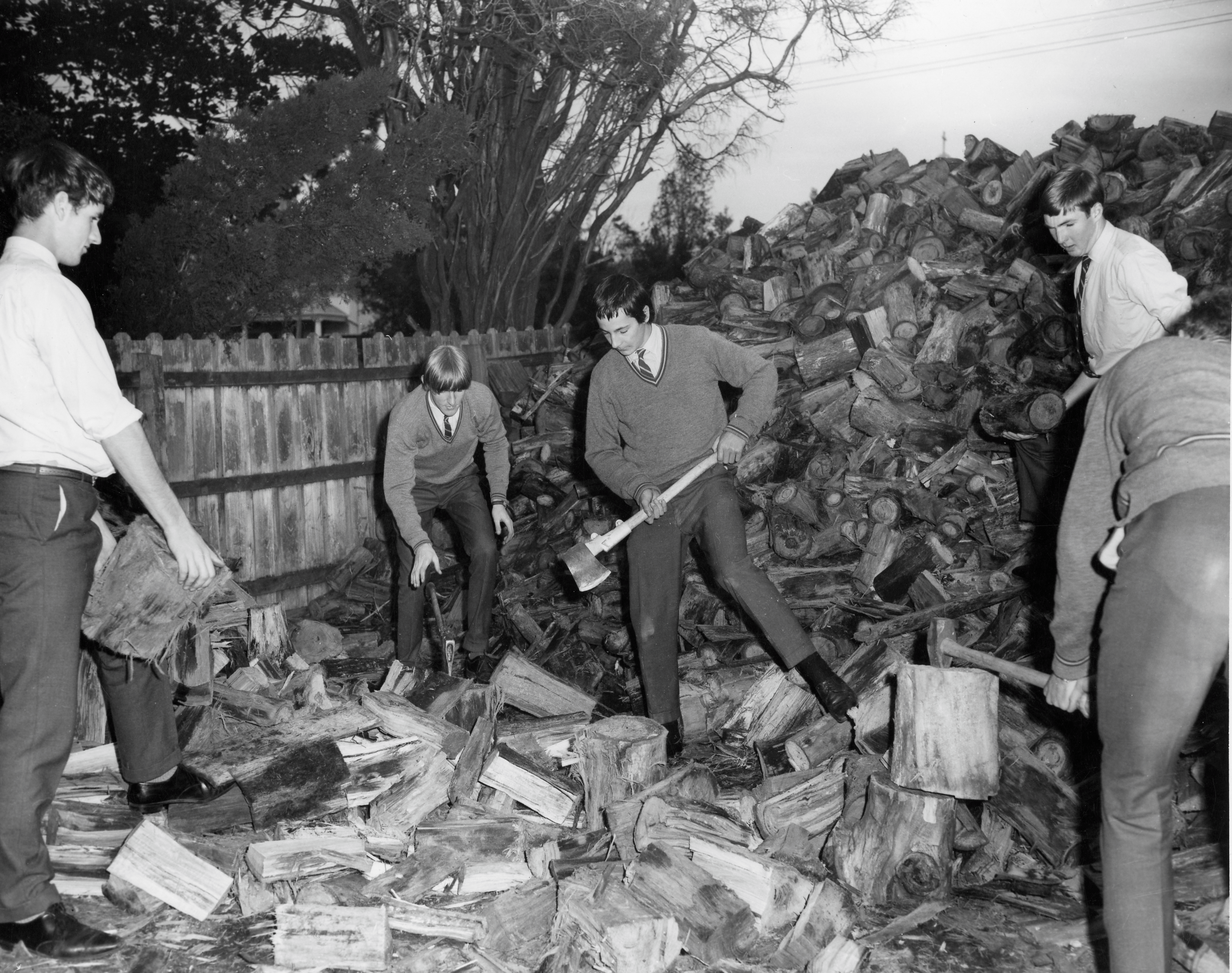

The ‘boys will be boys’ idiom counters the fabric of what we have the privilege to do –influence emerging men to contribute positively to society – and it fundamentally ignores a key piece of our purpose, which is to ensure that our students can be the best version of themselves. It is logical that if they are the best version of themselves, they are not anyone else.
We have the privilege of working with our students for 40 weeks every year. We have access to their attention, we are able to ignite their passions and we have opportunities to help influence them in their daily work. What we see is a rich tapestry of difference that exists among them.
There are things that bind them, including a strong sense of belonging to their school, but more starkly, there are things that differentiate them. There are those things which make them, them. Whether it is a penchant for performing, a thirst for contest, a predilection for Pythagoras or a willingness to help out the less fortunate, we see it all.
We look to be a place where our boys can make mistakes, learn, thrive, fumble, regain their steps and look out for others. We aim to allow our students to see a future version of themselves through the current opportunities and learning, and sometimes failing, that they will inevitably experience.
We seek to provide partnerships and role-models that help influence and shape them, and we look to provide them with the self-determination needed to grow into themselves.
This edition of the Grammarian speaks to the breadth of the student experience at Trinity. It describes so many different possibilities for our boys to, by simply being true to themselves, challenge the weak refrain, ‘boys will be boys’.

